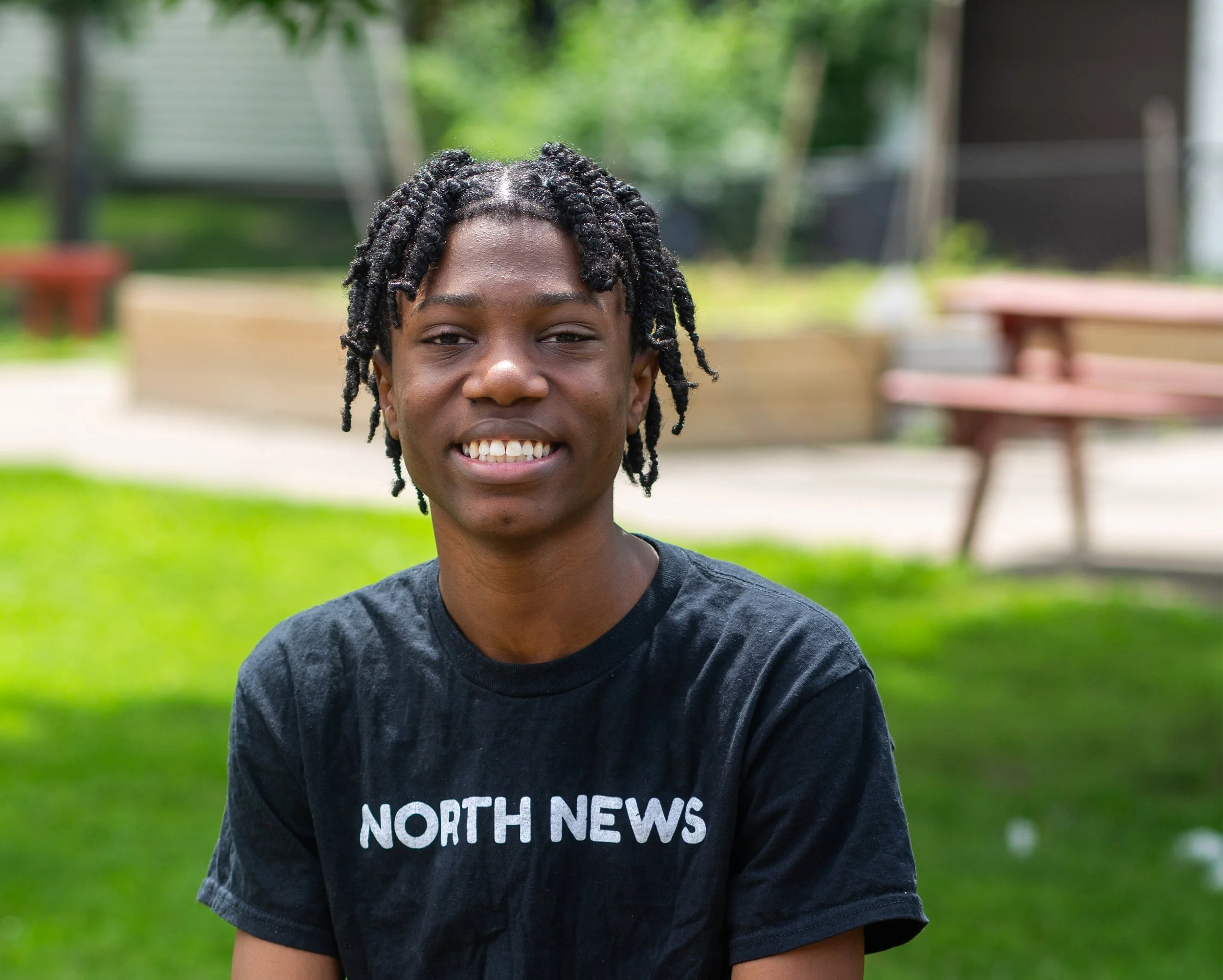I’m a zombie, and it’s my school's fault
Clarence Ransom
By Clarence Ransom, North News Intern
In classrooms and Walmarts across America, a peculiar species shuffles through hallways with glazed eyes, clutching coffee cups like lifelines, and occasionally mistaking their backpacks for pillows.
These aren't extras from "The Walking Dead," they're just your average teenagers.
Teens are running on fumes and dreams while juggling pre-calculus, part-time jobs, and the crushing weight of finding out it’s 4 a.m. I’m one of them.
School officially starts at 8:30 a.m at North High. But until 9, we sit and wait for the students to show up.
I have 150 tardies for my first-period class across the school. Yes, you read that right. That’s 20 days of absences from my first hour biology class, according to my student portal.
I’m not a bad student. I don’t purposely skip school.
With the average school day starting at 7, I would need to go to sleep at around 11 p.m just to get at least eight hours of sleep. But teens are humans too. We have lives and real responsibilities to take care of.
I am the best big brother in the world, according to Layla, my 6-year-old sister. I get up at 6:30 a.m. every day to make sure she can catch her bus.
Then I try to make up for some sleep before it’s time for me to go to school. The night before, I went to work, did my homework, and of course, focused on being the best big brother for Layla. So when 7:30 a.m comes around for me to wake up for school, can you blame me for hitting snooze a couple of times?
I’m tired, people. And before you blame it on “that phone,” I can confidently say that it isn’t my fault. I’m looking at you, Mr. Education System. Teens aren’t built for this.
I’m not against biology class, it’s actually my favorite. But our current school structure is against my biology. Our biology, literally. All humans essentially turn into “zombies” when we reach adolescence.
Current school start times limit the amount of sleep that we need to be successful.
When we become teens, the internal clock in our bodies starts to shift. The older we are as teenagers, the later we stay awake, eat, and function in our daily routine.
In a school setting, this is perfect for 6-year-old Layla, but not me, a 16-year-old.
According to s l e e p f o u n d a t i o n . org, 60% of middle schoolers and 70% of high schoolers reported getting less than eight to 10 hours of sleep a night. Later school start times are essential to break the cycle of sleep deprivation, harming teenagers' health and limiting our potential.
It's time for schools to begin changing start times to accommodate the average teenager's sleep schedules. As arbitrary as it may sound to Mr. Education System, it’s been done before.
During the COVID-19 pandemic, my classes were Monday through Friday, with Wednesday as an optional day. That allowed me to stay functional without being burned out. Even though this was the worst year possible, I felt the best for my education because I was awake for it.
Twenty days without biology might not sound terrible, but it's my education on the line. With mountains of research showing that teens like me biologically need more sleep and naturally wake up later, why can't school districts create schedules that work with our bodies?
I'm not asking for special treatment. I'm asking for a system that doesn't force me to choose between my health and missing critical classes. My biology class shouldn't be scheduled at a time when my biology is fighting to stay asleep. It's not laziness, it's science. And it's my future.

